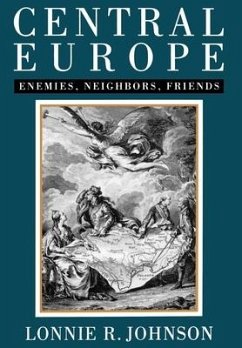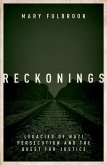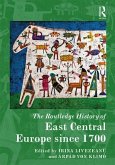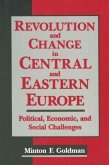Central Europe provides a broad overview and comparative analysis of key events in a historical region that encompasses contemporary Germany, Poland, the Czech Republic, Slovakia, Austria, Hungary, Slovenia, and Croatia. Starting with the initial conversion of the "pagan" peoples of the region of Christianity around 1000 A.D. and concluding with the revolutions of 1989 and the problems of post-Communist states today, it illuminates the distinctive nature and peculiarities of the historical development of this region as a cohesive whole. Lonnie R. Johnson introduces readers to Central Europe's heritage of diversity, the interplay of its cultures, and the origins of its malicious ethnic and national conflicts. History in Central Europe, he shows, has been epic and tragic. Throughout the ages, small nations struggled valiantly against a series of imperial powers - Ottoman Turkey, Habsburg Austria, imperial Germany, czarist Russia, Nazi Germany, and the Soviet Union - and they lost regularly. Johnson's account is present-minded in the best sense: in describing actual historical events, he illustrates the ways they have been remembered, and how they contribute to the national assumptions that still drive European politics today. Since the fall of the Iron Curtain in 1989, the unanticipated problems of transforming post-Communist states into democracies with market economies, the wars in the former Yugoslavia, and the challenges of European integration have all made Central Europe the most dynamic and troubled region in Europe. In Central Europe, Johnson combines a vivid and panoramic narrative of events, a nuanced analysis of social, economic, and political developments, and a thoughtfulportrait of those myths and memories that have lives of their own - and consequences for all of Europe.








